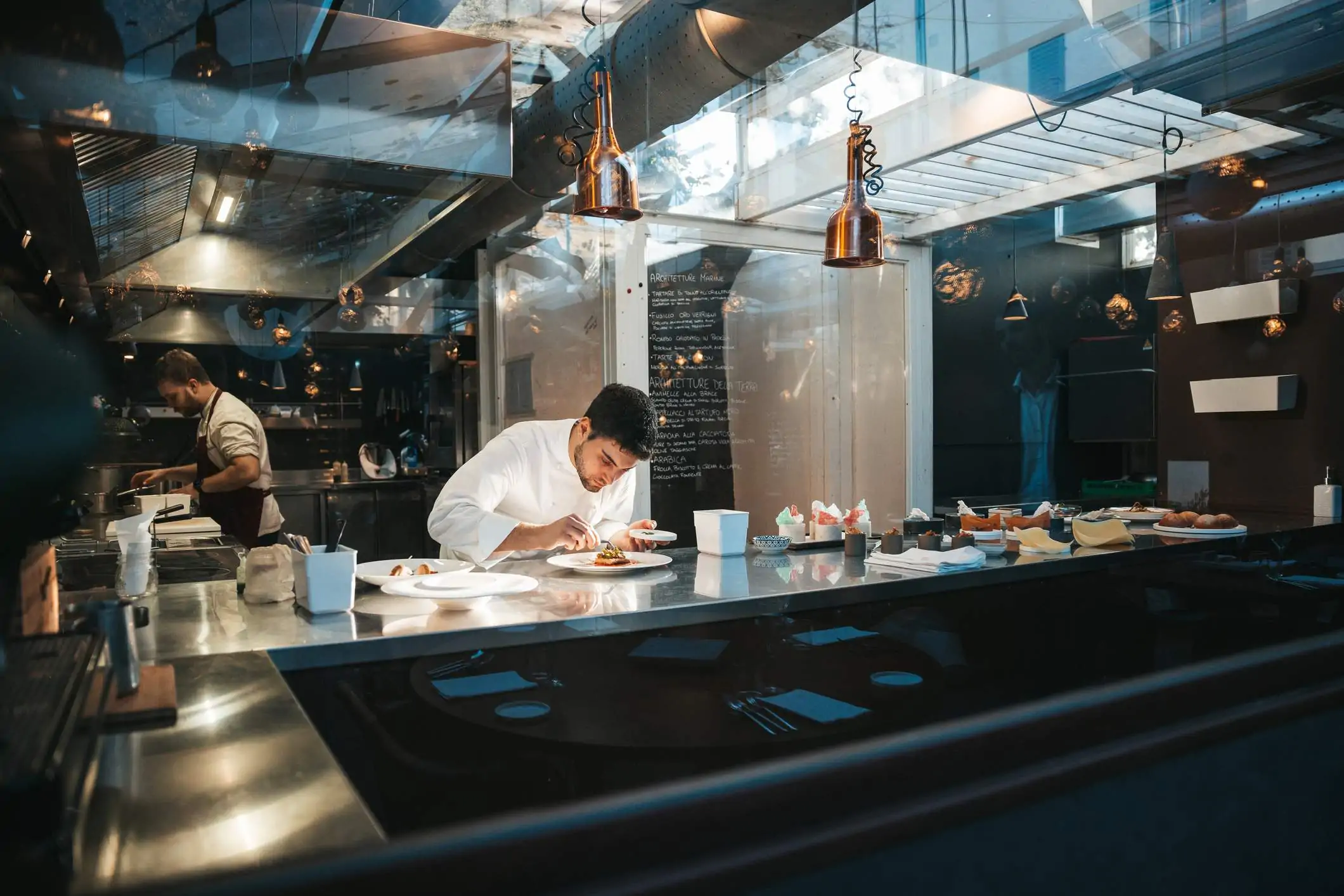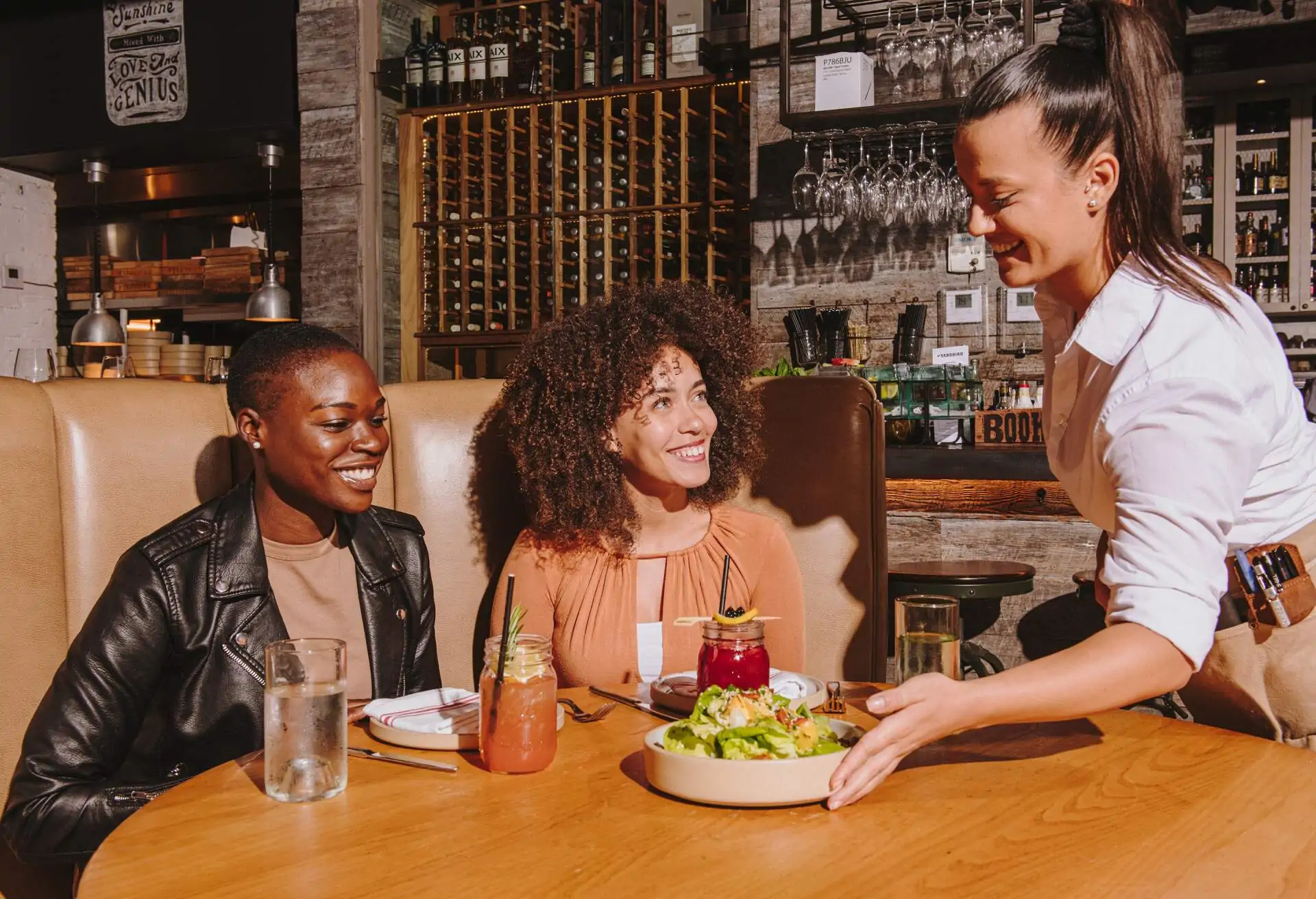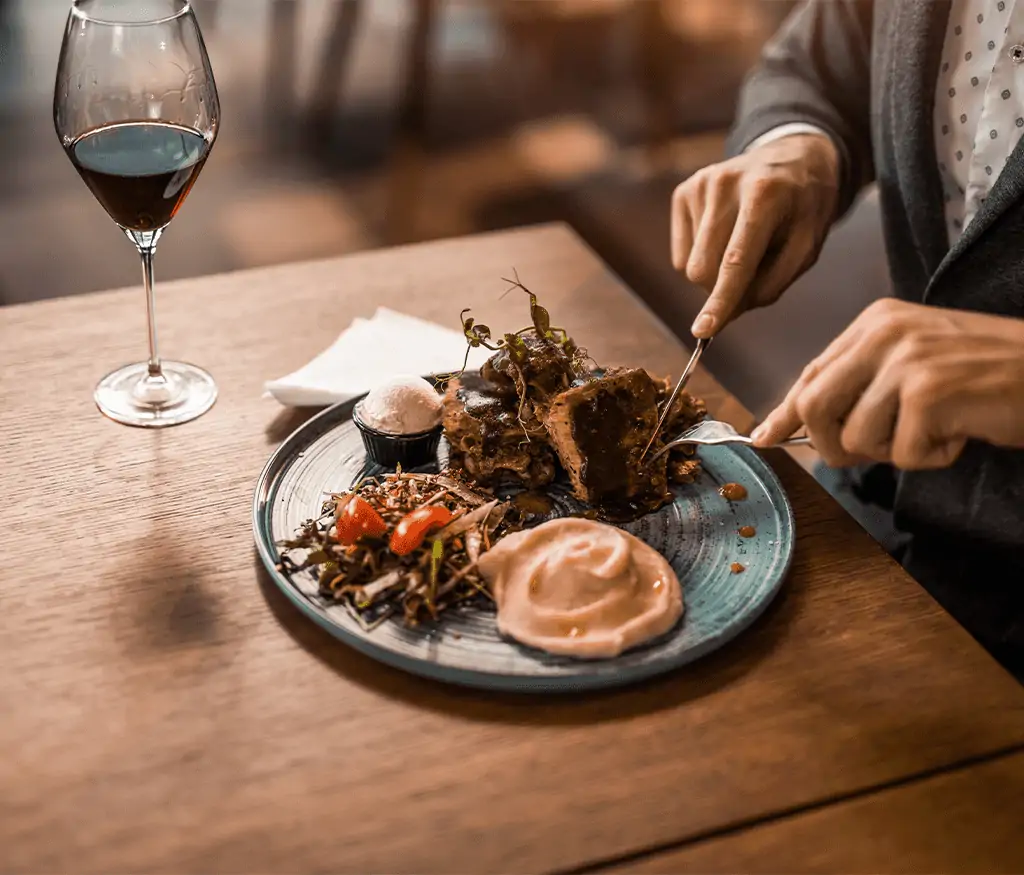The definition of the word hospitality can change depending on context. In the hotel industry, it means one thing. In the travel and tourism industry, it means something a little different.
But when it comes to restaurants, the word hospitality has always meant the art and science of crafting a warm, welcoming, and positive experience for guests. To guests, the best hospitality feels almost magical. They don’t see all the planning and effort it takes. They only know they feel great and that feeling brings them back.
Quick links
The pandemic’s impact on what hospitality means
The hospitality value proposition
Hospitality, online
Technology and hospitality
Personalized hospitality
Training for good hospitality
Diversity and hospitality
Sustainability, ethical practices, and hospitality
What role do guests play?
The complexity of hospitality makes it difficult to define exactly, but it always includes exceptional customer service, empathy for guests, and creating a comfortable and inviting atmosphere. Most restaurants are laser-focused on the food and beverage they provide, but this is only one small part of creating hospitality.
For guests, it’s the whole experience that matters more than any single aspect of hospitality. To create the magic guests crave, restaurants must step back and work on creating memorable moments and fostering a positive emotional connection with customers.
“They want to feel like welcome guests again, wrapped in the kind of warm, competent hospitality they fantasized about while the pandemic took it all away,” wrote Kim Severson in a New York Times article on the subject of hospitality in 2023.
The pandemic’s impact on what hospitality means
It would be impossible to address the current state of hospitality in restaurants without taking a look back at the last few years. The COVID-19 pandemic hit restaurants and the whole service industry hard, forcing a series of unpredictable closures and other restrictions. It brought about a takeout and delivery boom that continues even as guests have returned to on-premise dining in force.
During the height of the crisis and for a time after, people wanted to lend extra support to restaurants by giving their favorites even more business and adopting a tolerant attitude toward slow or off-kilter service. Guests understood that restaurants had been through the wringer and were left in many cases with skeleton crews, thanks to the labor shortage that came hot on the pandemic’s heels.
Now, much of that tolerance has faded and by many accounts, diners are more entitled than ever. Basalt restaurant in Grand Rapids, Michigan, closed early recently after the team had its hospitality rebuffed by guests. Basalt owner Steven Martinez told Newsweek.com it was “a day where nobody is respecting us, nobody is giving us any of the care that we’re giving to them, and I don’t want to put my staff through that.”
If there’s an upside to the changes recent years have brought to hospitality, it’s that restaurant owners increasingly see hospitality as something they must extend to their teams as well as their guests.
The hospitality value proposition
Another essential consideration in the hospitality matrix of the moment is cost. This year, the price of a meal out rose 8.6%. Guests are feeling their budgets squeezed in all areas of spending. In a 2023 OpenTable survey, 93% of diners said they’ve seen the costs of their favorite items tick up.
Many people are willing to pay the increased price of dining out, but the higher costs bring higher expectations when it comes to hospitality. Guests understand that they’re paying for something more than the ingredients and the cost of labor needed to prepare them. They measure the bill against the positive or negative experiences they had and how the restaurant made them feel overall.
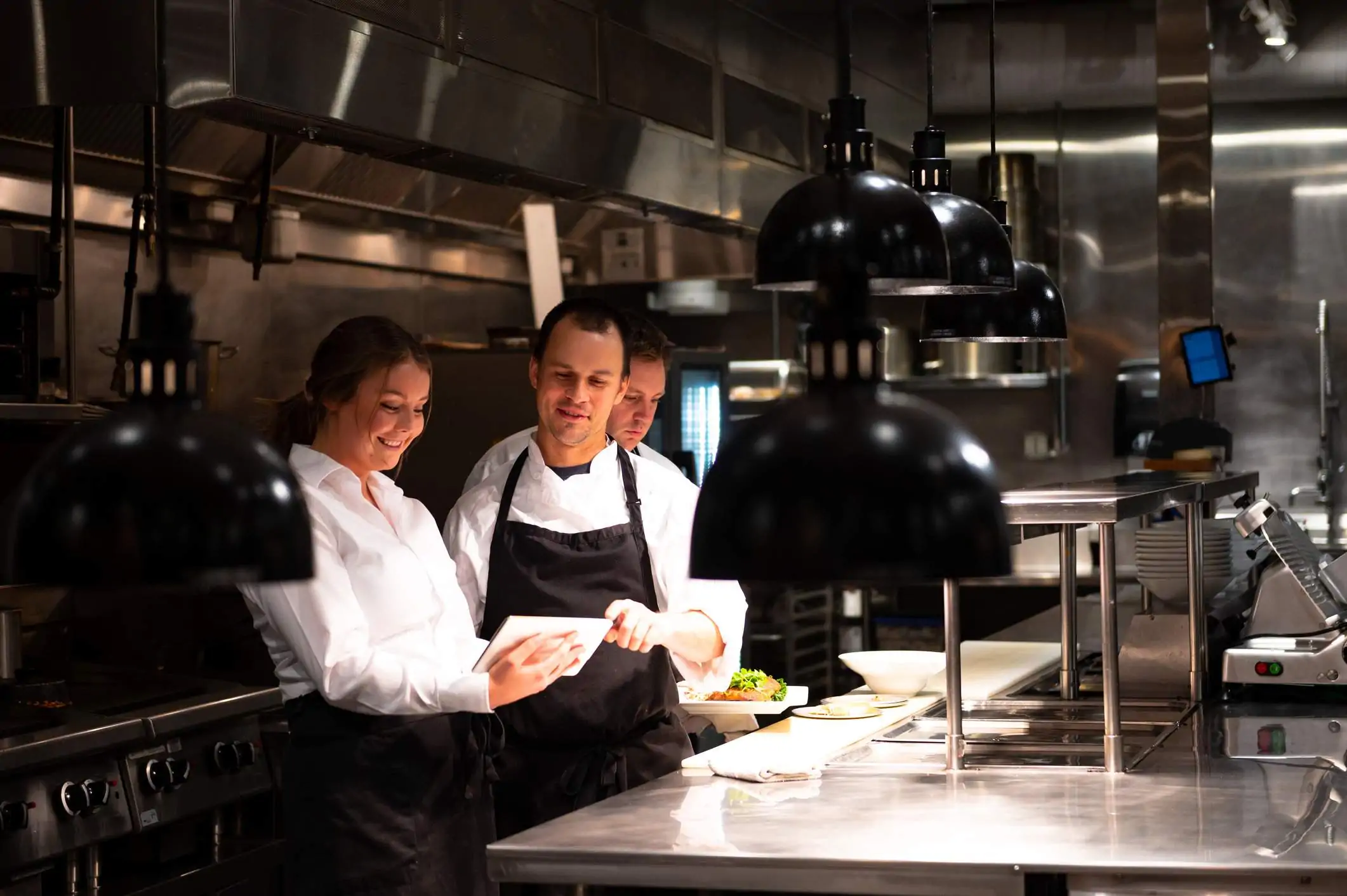
Hospitality, online
Gone are the days when the whole story of hospitality began and ended in the restaurant. Today, the guest journey begins through a laptop or smartphone, where people discover and connect with restaurants through email, social media, and search engines. Here are some ways you can consider offering hospitality in the ether:
Make your website guest friendly
When you design or update your website, it’s natural to focus on your own agenda. Maybe that’s having a slick, flashy site or putting the history of the restaurant front and center. But guests usually want basic information from a restaurant.
People are looking for your address and hours of operation. They want to know where to park and what’s on the menu. It’s good hospitality to make it as easy as possible for guests to find what they’re looking for when they visit your website.
Use search engine optimization
Another way to show people good hospitality online is by making it easier for them to find you when you search. A little attention to basic SEO principles can bring potential guests to your website with fewer failed searches and frustrated clicks.
Connect on social media
Social media is a marketing channel for restaurants. Creating content for the various feeds can feel like the most important thing that happens on Instagram or Tiktok. But from a hospitality perspective, it’s actually even more important to talk to the people who are seeing your posts.
Social media can be the start of a strong guest relationship if you focus on engagement. Ask questions, share posts from guests who’ve tagged you, and respond to comments. This can make people feel taken care of before they even enter the restaurant.
Engage with reviews and feedback
When you review compliments and criticisms posted about your restaurant anywhere on the internet, it’s an opportunity to extend hospitality. When the comments are positive, reply with a sincere thank you. And when they’re not so positive, thank the person for their feedback. Say you’d like the opportunity to do better next time and invite them back.
It’s also a good idea to bring the insights you gather from online reviews back to the restaurant. It’s an opportunity to do more of what guests tell you they love and to fix any issues you notice coming up in reviews.
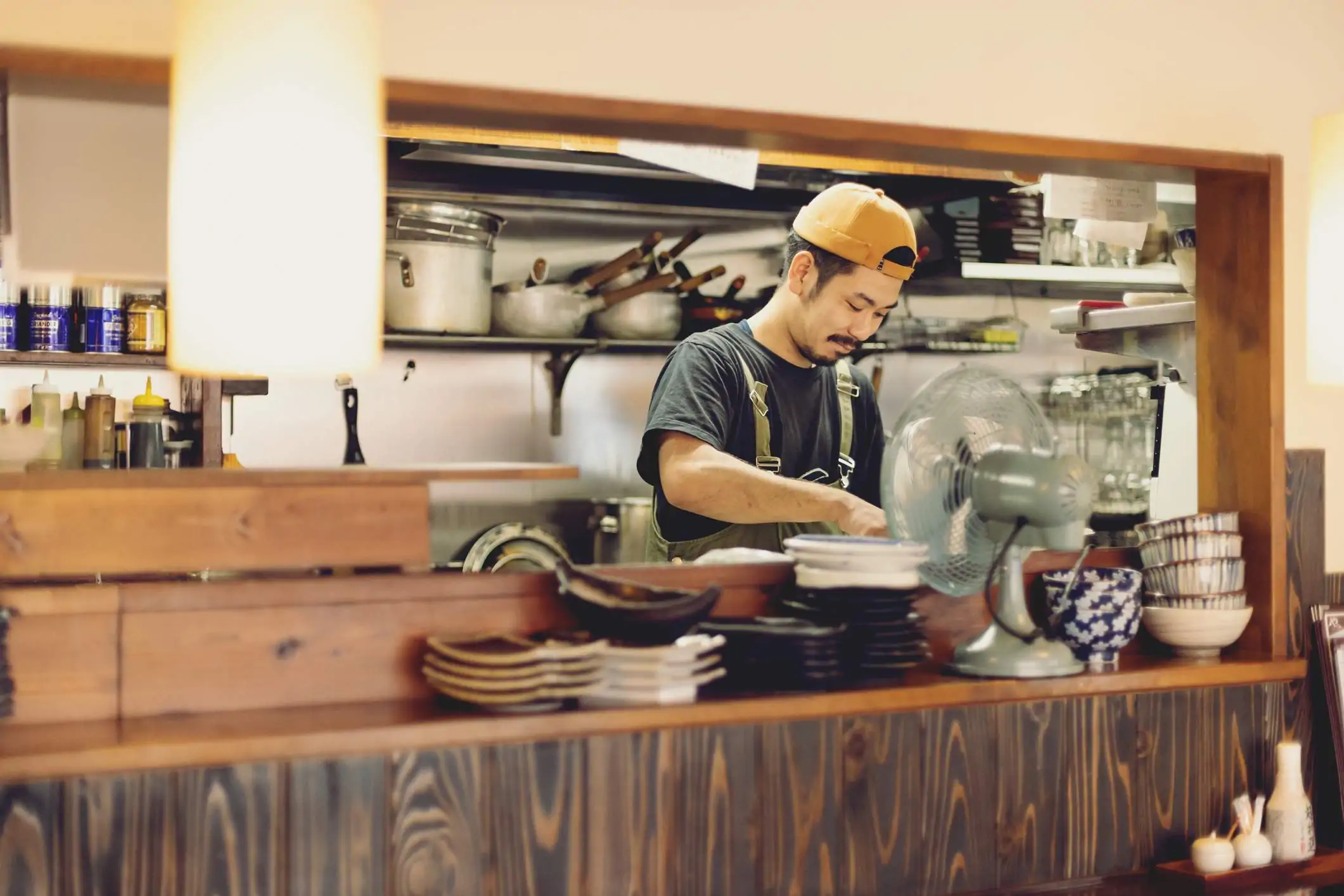
Technology and hospitality
Restaurants playing the hospitality game at the highest level understand that technology is a must in the current environment. It’s true that there’s been a backlash against some of the technology that’s become more common in restaurants in recent years, such as the QR code.
The trick is striking a balance between high tech and high touch that combines the hospitality restaurants do best with conveniences only technology can offer.
For example:
- Offering reservations is good hospitality because it takes a lot of the hassle, waiting, and uncertainty out of going out for a meal for guests.
- Digital waitlists can free guests from waiting by the host stand. They can take a stroll knowing they’ll be texted when their table’s ready.
- Digital ordering can minimize order errors and let guests easily pay whenever they’re ready.
The trick is finding the tech that solves the specific pain points of your guests.
Personalized hospitality
It’s possible for restaurants to know their guests better than ever before thanks to the treasure troves of data. Linking up your reservation and point of sale (POS) systems can provide details on visit frequency, spending habits, preferences, order history and more. Collecting and managing all this guest information is the first step toward offering exceptionally personalized hospitality.
Having this data is one thing. You also need a process in place for referencing it quickly and easily before and during guests’ visits. OpenTable makes this possible with shift overviews, guest notes, and tags. Arming the front-of-house team with all this information for the shift ahead empowers them to dazzle guests.
In action, personalized hospitality looks like pouring sparkling water for a guest you know prefers it. It can be mixing a specific cocktail as a regular walks through the door. Guest data can enable you to annotate a menu in advance of a gluten-free or vegan guest’s arrival. Even for guests that join you only on special occasions, guest data lets you add special touches to their birthday or anniversary celebrations.
Each visit gives you the opportunity to create a richer and more actionable guest profile. It’s the most personal hospitality that makes guests feel special and wins restaurants repeat business.
Training for good hospitality
In most cases, it isn’t a restaurant owner wishing a guest happy birthday or alerting them to menu items that contain nuts. The front-of-house team delivers service to guests, so their training can make or break the customer experience you’ll become known for.
Ensure the team is knowledgeable about the menu, drinks program, and restaurant in general. Arm them with the most detailed information possible about guests in advance of their shift. Make empathy—for fellow team members and the guests—a core part of your training.
Taking care of the people who take care of your guests is a must to reach the current bar for great hospitality. Teaching the team doesn’t end with training. Continue to recognize exceptional service, empower staff members to make their own decisions on the floor, and give constructive feedback on the regular. Finally, make an effort to provide ongoing opportunities for learning, advancement, and professional growth. An engaged team is your best bet if you want to excel at hospitality.

Diversity and hospitality
The warm welcoming atmosphere that is the bedrock of hospitality must be extended to everyone in the restaurant. A big part of this is assembling a diverse team. When a guest walks up to a restaurant’s front desk and doesn’t see anyone else who looks like them, the effect is anything but welcoming.
Make it known diversity and inclusion are essential values and racism, ageism, ableism or any other form of discrimination is not welcome. Investing in diversity and inclusion training can help get everyone on the staff on the same page. And remember that values like diversity and inclusion start at the top. Ensure that owners and managers adhere to the highest standards.
Sustainability, ethical practices, and hospitality
You can give every guest unwavering attention, care, and personal service, but if sustainability and ethical business practices aren’t on the menu, you’ll lose points with many people today. Here are some factors guests consider an important part of being in the hospitality business today:
Excellent working conditions for the team
In recent years, there’s been a lot of attention on the working conditions at restaurants. The general public is more aware than ever that restaurant work is tough on the body and mind. They know it can be a thankless job and often people are underpaid.
Guests want to know that you’re taking care of the people who are taking care of them when it comes to pay, hours, and work-life balance.
Local ingredients
Some guests gauge hospitality standards by the quality of ingredients on the menu. They want to see meat and vegetables purchased from small local farmers. It’s seen as a way a restaurant takes care of both its guests and the local economy.
Elimination or reduction of single-use plastics
When it comes to plastic items that are used for a few minutes and then thrown away, restaurants can be major offenders. Straws, take-out containers, cups, bags, and lids are single-use plastics that people want to avoid.
In North America, 61% of people want to see single-use plastics banned according to an Ipsos survey. Globally, three-quarters of people want to ban single-use plastics. Guests see the reduction of these items as a way restaurants take care of them and the planet, too.
Community involvement
As the concept of hospitality expands, so do guests’ expectations for restaurants. People want you to take care of them, employees, the environment, and the community where you do business. According to an OpenTable survey, 42% of people think it’s important a restaurant gives back to the community, too. That can mean charitable donations, feeding the food insecure, sponsoring local events, and doing community service.
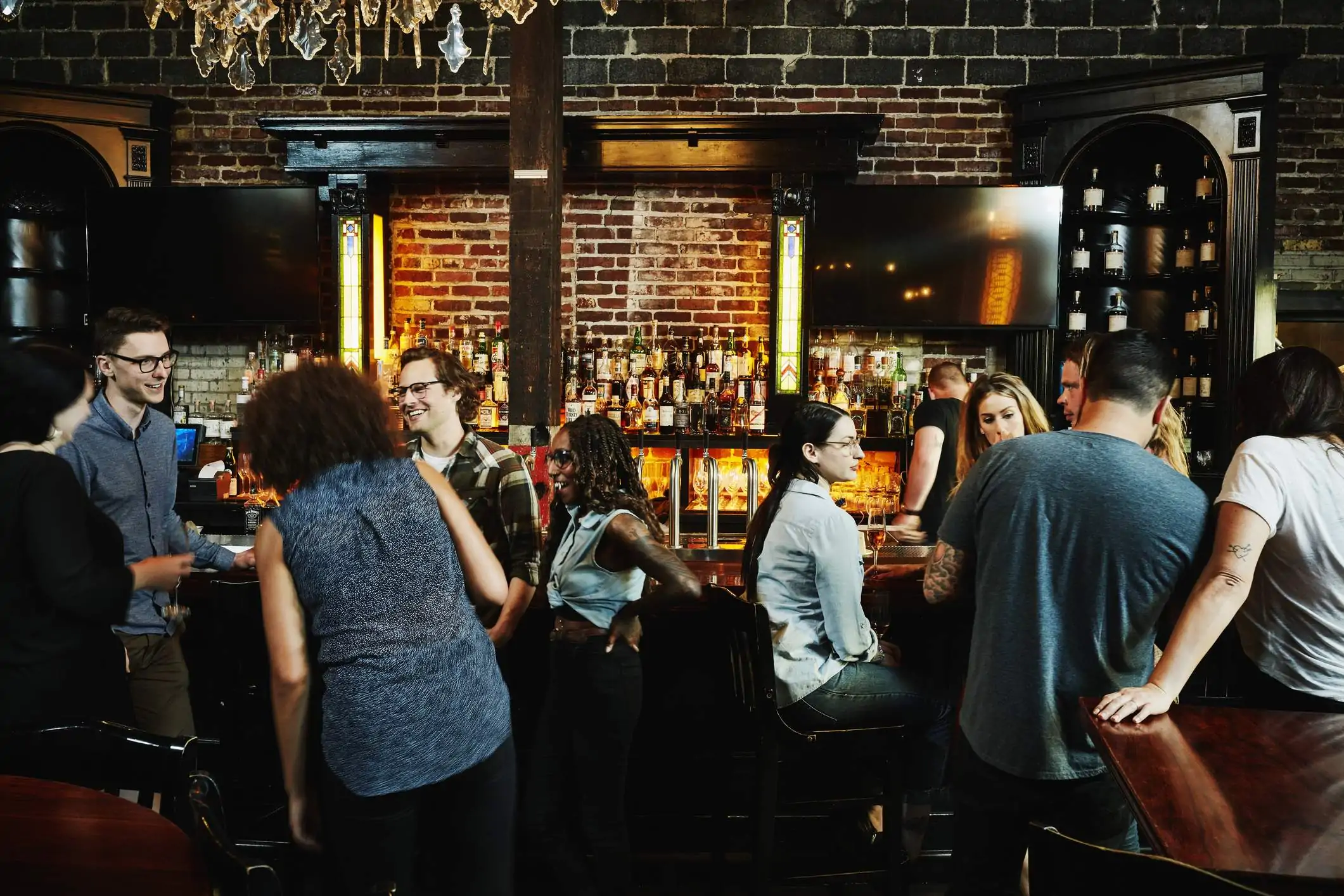
What role do guests play?
If it seems like people expect a lot from restaurants when it comes to hospitality these days, that’s because they do. After a post-pandemic period of letting customer service sins slide, guests are back to expecting high-touch, personalized hospitality from restaurants, especially at higher price points. Guests are still going to have all the usual restaurant complaints.
The good news is that there are new expectations for guests as well. The customer-is-always-right philosophy that used to be the last word is changing. Most guests know they need to contribute to the good vibes they want at a restaurant.
They understand what people who work in restaurants have been through these past few years and that restaurant workers deserve respect. And in those cases where guests mistreat employees, the restaurant can and should step in to protect their people.
Hospitality is something that now flows in all directions, from owners and managers to workers, to suppliers and delivery people, to guests, and back.
The hospitality trends are always changing. There are more and more nuances to what guests expect out of a restaurant experience. Luckily, restaurant owners are practiced at weathering changes. Letting your idea of hospitality expand and evolve is a key to continued success in the hospitality industry.

